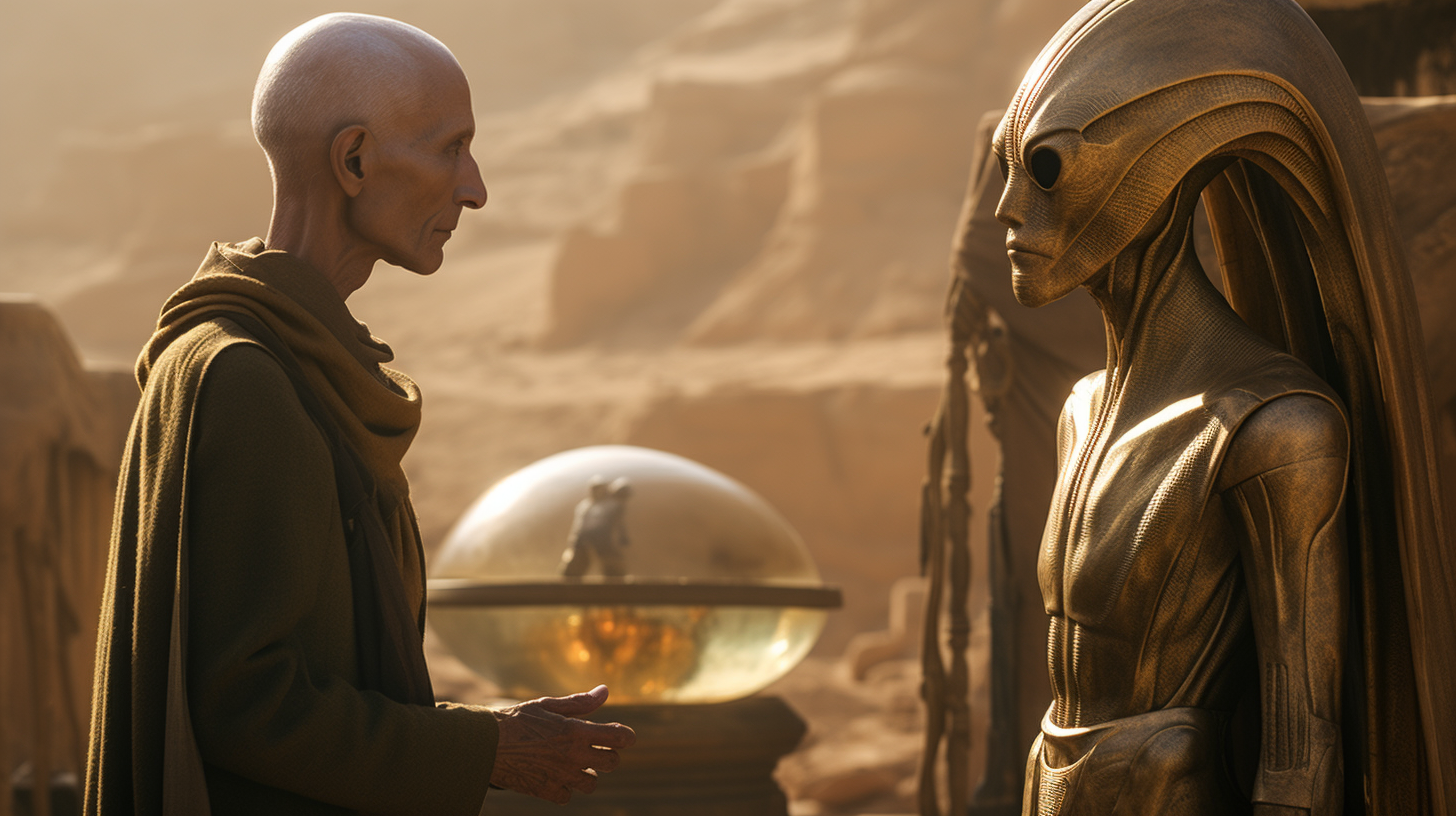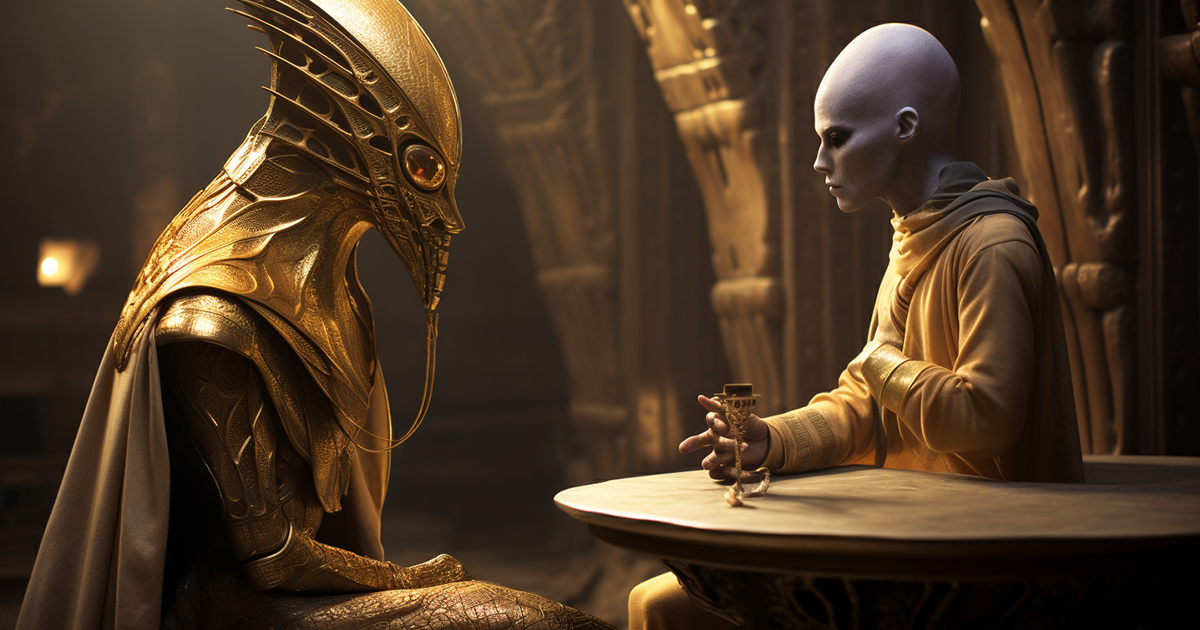Religion and science, seemingly opposing forces, have both grappled with the fundamental question of our origin since the dawn of humanity. While science employs the scientific method to uncover evidence, religion approaches the same question from a different perspective, presupposing the existence of a divine entity. Despite their differences, both realms of thought converge in the quest for truth.
In a groundbreaking discovery in 2013, scientists at the University of Tubigan reported the sequencing and decoding of DNA extracted from ancient Egyptian mummies. The unique preservation of DNA in mummified bodies raised intriguing possibilities. Could technology eventually enable the resurrection of long-deceased individuals? While the process would be incredibly challenging, the potential is undeniable. The notion of resurrection has deep roots in many religions, often linked to the concepts of the Rapture, Day of Judgment, or Apocalypse.
Ancient texts from various religions promise the return of gods or divine figures, sparking questions about whether these prophecies could be connected to a future where humanity unlocks the secret of resurrection. Could the end of days described in religious texts actually mark a time when humans gain the power to move between physical and spiritual planes of existence? Some ancient astronaut theorists propose that extraterrestrial beings played a role in teaching humans how to transform their bodies into a celestial form.

A connection between extraterrestrials, angels, and near-death experiences is suggested, hinting at a future where the veil between realities may be lifted, enabling direct transitions between the world of the living and the world of the afterlife. Rather than approaching this idea with dread, it could be a source of joy, suggesting that we are not alone, and otherworldly beings may guide us in our journey.
The quest to answer the age-old question of our origin reveals a profound intersection of science and religion. While science adheres to the scientific method and religion operates on the belief in a divine presence, both seek truth. The moments of creation, like the Big Bang, serve as common ground for these parallel journeys of exploration.
Reincarnation, a belief held by over 1.5 billion people worldwide, adds another layer to the search for meaning. Eastern philosophies, as well as the kabbalistic sect of Judaism, embrace the idea of souls reincarnating multiple times to fulfill specific tasks. In contrast, early Christian beliefs in reincarnation were eventually declared heretical, leading to the concept of a single destination, heaven or hell, based on one’s actions in life.
Socrates, Pythagoras, and Plato from ancient Greece all contemplated the possibility of reincarnation, with Plato expressing confidence in the existence of life after death. Reincarnation is not limited to Earth; some believe it extends across the universe, transcending planetary boundaries.
The Book of Enoch, a significant text in various religions, includes a prophecy of a divine figure’s return to Earth after thousands of years. This theme of a return of divine beings is prevalent in many religions, including Christianity, Islam, and Hinduism, symbolizing a fresh start and a new relationship with the divine.
Could these sacred religious texts hold hidden clues about extraterrestrial intervention on Earth? Might these prophecies prepare humanity for a future where we embrace a profound new reality—one that bridges the gap between science and religion, unveiling the ultimate truth of our existence? As we continue to explore the mysteries of our origins, the boundaries between these two realms of thought may blur, revealing a deeper understanding of our place in the cosmos.

15 thoughts on “The Overlapping Threads of Religion and Science in the Search for Our Origins”
Comments are closed.